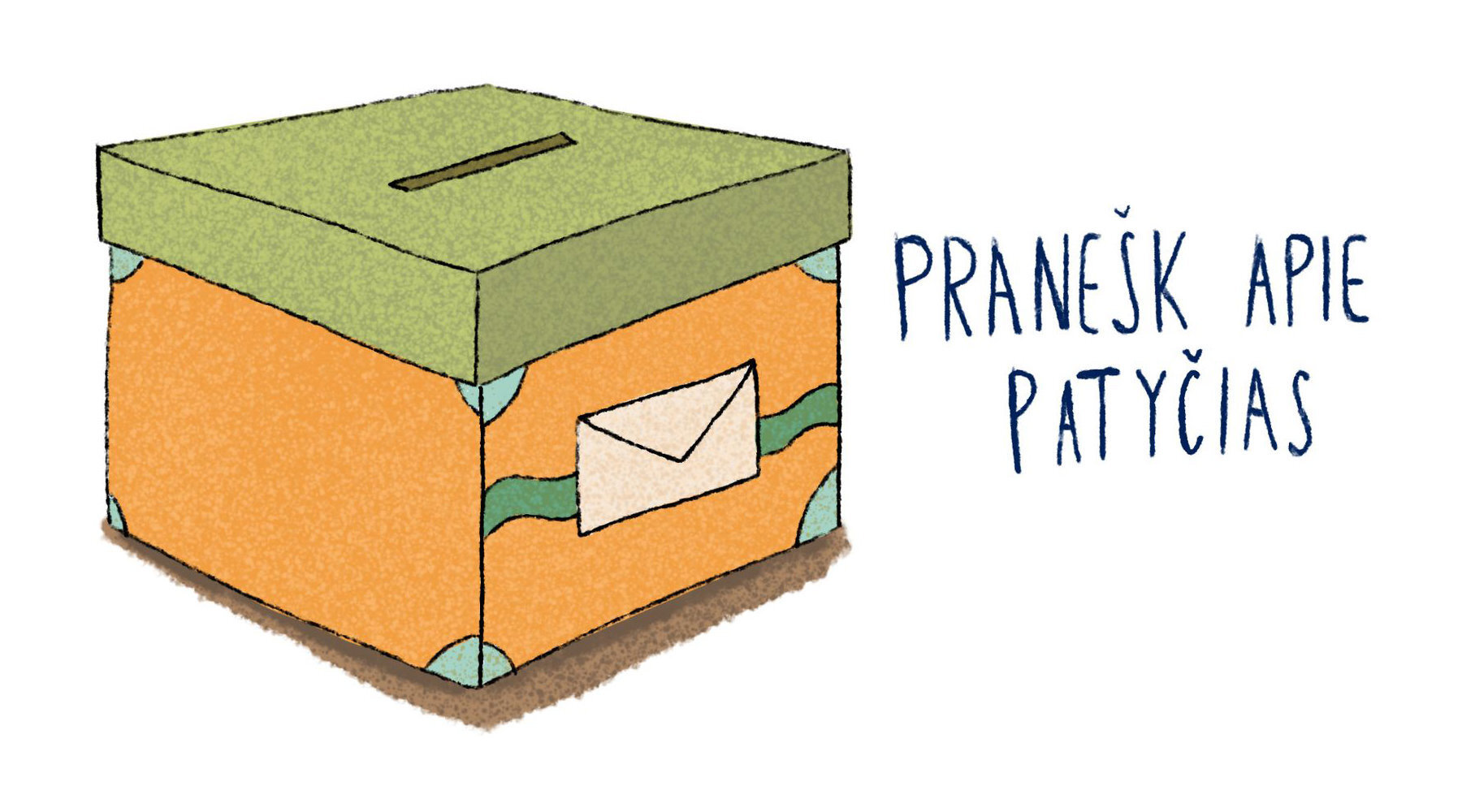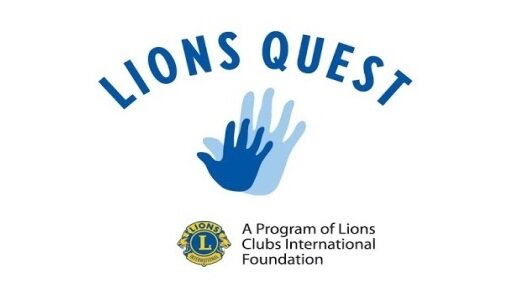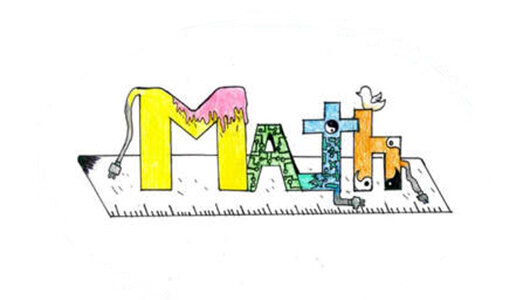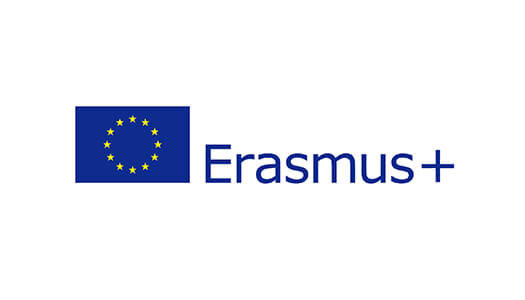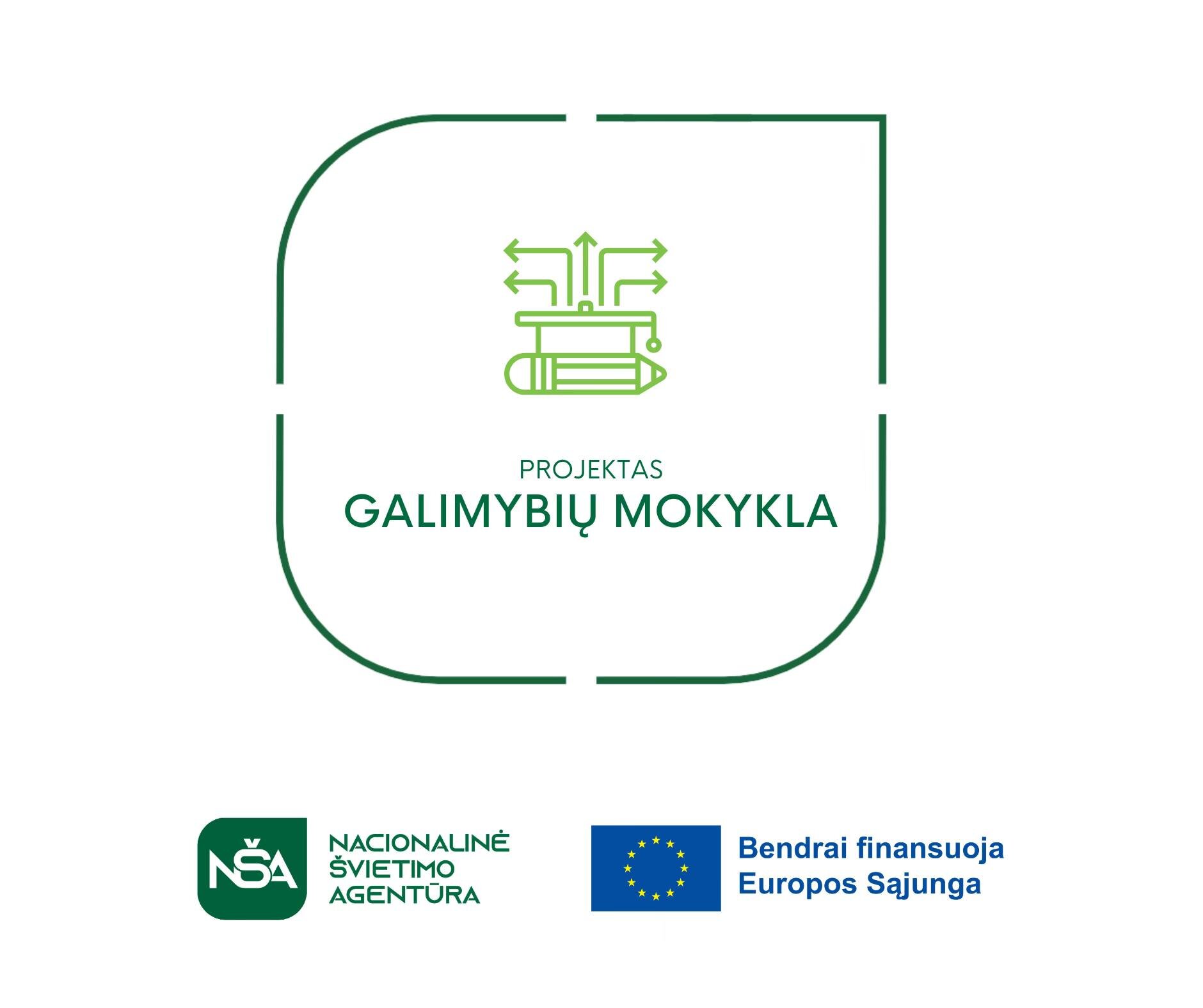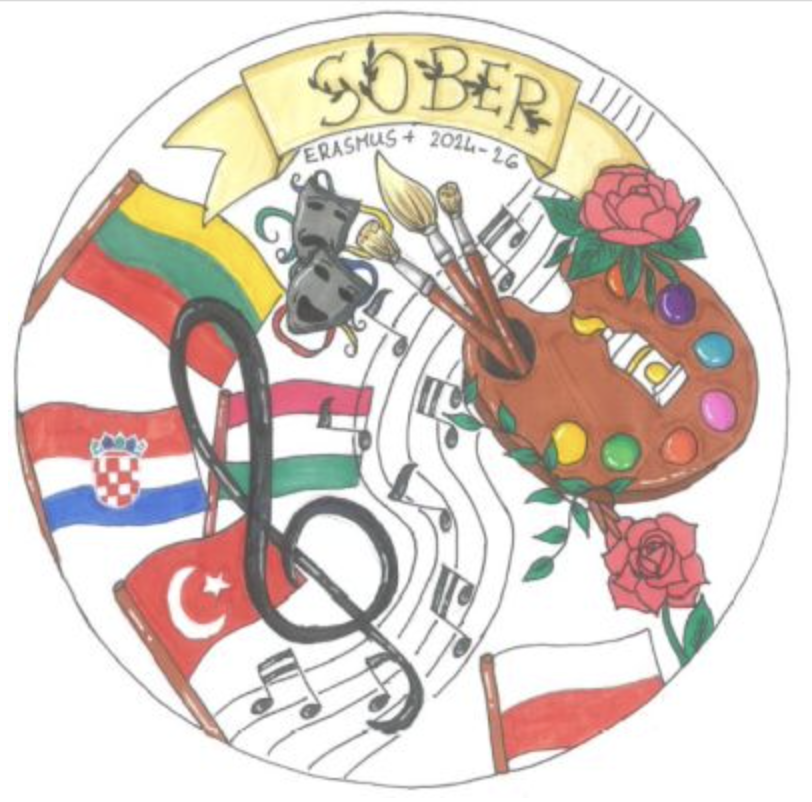On the 14th of January 1957 in accordance with the order of the Ministry of Education, the first Lithuanian-language seven-year school was opened in Naujoji Vilnia catchment area. It was situated on Palydovo street. Juozas Ramys became the headmaster of the school. In November there were 64 students and 9 teachers. Though the number of students was small, still there wasn’t enough room and lessons were held in two shifts. Although there was a lack of good facilities, classrooms, visual aids, a gym, and an assembly hall, there was great enthusiasm for learning in the mother tongue.
In 1958 the school was reorganized into an eight-year school. When Naujoji Vilnia was attached to Vilnius city, the school was named the 24th Vilnius secondary school. In 1964 the school was moved to more a comfortable building which was situated on Liepų avenue Number 1. Headmaster Stepas Ciesiūnas headed the school from 1966 to 1985. In 1968 the first crop of graduates graduated from the school. In 1973 the school was moved to comfortable premises where it still operates. Temporarily the school was attended by primary classes with Russian language teaching. At that time there were 1900 students and lessons were held in two full shifts. The school in Vilnius city became famous for its well-kept environment and after-school activities. There was the Children‘s Song and Dance Ensemble, sportsmen collected a large collection of cups. There were fully equipped classrooms, such as – Maths, Science, Physics, History, the Lithuanian language, the German language, Technology&Design, Motorbike class; primary school classes, and others. While cleaning the surroundings of the school as well as its classrooms, and halls students acquired working skills and habits. Besides, they willingly attended work and leisure camps in Širvintai region.
In 1985 Rūta Elena Neciunskienė was appointed the headmistress of the school. There were 750 students and 50 teachers. 28 subject classrooms were equipped at school, including 9 classrooms for primary school classes and an ICT cabinet. A wide range of after-school activities was organized. In such a way students had great opportunities to deepen their knowledge, shape their practical skills and develop their artistic training. There were such after-school activity clusters as dancing, ceramics, radio, IT, photo, various kinds of sports, school choir, children‘s folk dance group, and motorbike‘s club. Some certain festive events were actively organized at school which became traditional ones: the 1st of September (Education Day), the Last Bell, Graduation Party, Shrove Tuesday, New Year‘s Carnival, Ethnographical Evenings, meetings with post-graduates, school tourism day, art days, self-management days.
When the Revival activities started in 1988 ideological attitudes changed and cultural activities became more active. The school signed a long-term cooperation agreement with the ensemble ,,Lietuva“. The school regularly held concerts of this group. There were meetings with artists, ethnocultural subject training, and evenings were organized, the Ethnocultural Studio was established, and Ethnoculture was started to be taught. The school started cooperation and exchange delegations with Duisburg city schools from Germany. Actors, poets, and musicians were invited to the school who visited it with pleasure spreading the ideas of the Revival. The school started working five days per week. The relationship between students and teachers started becoming democratic and humane. There was equipped a classroom for six-year-old students. The school switched to 12 years of education. The changes encouraged the growth of the school into a Lithuanian school. Children from non-Lithuanian families started attending school. In the 1993-1994 school year there were 855 students and 74 teachers. The 27th crop of graduates graduated from the school. 87⸓ of the students entered high schools.
In the 1994-1995 school year, there were already 915 students, teachers were assessed, and they were encouraged to work creatively, seek improvement, and lifelong learning. Education reform documents focus on the quality of education, individualization, and promotion of students’ initiative.
In 2001 the school was renovated, and it started participating in various projects, 70⸓ of its graduates entered high schools. The school became the cultural and sports centre of the catchment area. Family feast days were organized at the school. Language feast days among schools in the catchment area were popular as well. The Lithuanian language courses were held for medical workers, police officers, teachers from Russian and Polish schools. Sports days were organized in the renovated sports field. School reform was in progress, and in 2003 the school was reorganized into Vilnius Naujoji Vilnia Basic School and Vilnius Naujoji Vilnia Secondary School.
On the 25th of August 2004 in accordance with the decision No 1-496 of Vilnius City Council, Vilnius Naujoji Vilnia basic school was given a new name – Vilnius Barbora Radvilaite Basic school. So every year on the 6th of December the Day of Queen Barbora is celebrated. On the 16th of August 2017, the structure of the school was reorganized into Vilnius Barbora Radvilaite Progymnasium. Headmistress Inga Vargalienė headed the school from the 2nd of December 2015.
Due to the peculiarities of the ethnic composition of the catchment area, the school becomes a part of the multilingual community. The classes are divided into groups for teaching the native Lithuanian language.
The number of students has been gradually increasing over the past five years. At the beginning of the 2022-2023 school year, there were 838 students at the school. The students have been divided into 34 classes. There are 16 sets of primary school, 1-4 grades, and 18 sets of basic school, 5-8 grades. The average number of students per class is 26,2.
The material base of the progymnasium is good. There is a library, a reading room, a gym, a canteen, an assembly hall, Physics, Chemistry classrooms, a Science laboratory for primary school students, three Technology classrooms, a FabLab laboratory, and three ICT classrooms. There is also a museum. Progymnasium participates in the project which is financed by structural funds of the European Union ,,Equipping schools with tools of natural and technological sciences“.
The long-term and continuous educational projects had the most significant influence on the progress of Progymnasium:
- The method of organising the educational process of the Full Day School (VDM) was implemented in 2016.
- Vilnius schools’ progress and cooperation project ,,Form tutor – for effective class community leadership”; in 2017.
- Progymnasium long-term project ,, Application of the strategy for the development of higher thinking abilities in primary education“, in 2017.
- The system of preparation of long-term subjects or integrated interdisciplinary projects (research-creative works) in 7-8 grades was implemented; in 2017.
- A long-term project ,,Developing students‘ reading skills in 1-4 grades“; in 2018, 2019, 2020.
- The project ,,Informatics in primary education“ ; in 2018. It was organised by the Ministry of Education, Science, and Sports and the National Agency of Education.
- A targeted IT education for 1-8 grades has been implemented at the Progymnasium since 2018.
- Since 2017 some certain preventive programs that develop social and emotional competences have been implemented at the Progymnasium. They are ,,The second step“, LIONS QUEST ,,Time together“ and ,,Crossroads of adolescence“.
- ERASMUS+KA1 project ,,The improvement of teachers‘ general and professional competences by developing a targeted students‘ ICT competency education school“; 2018-2021.
- ERASMUS+KA2 project ,,MATH – Math, Art and Technology in Harmony“; 2019-2022.
- After winning an open contest organized by Vilnius Education Progress Centre, a FabLab laboratory was equipped in 2019.
- Vilnius Education Progress Centre project ,,Creativity and entrepreneurship project FabLab for schools“; in 2020.
- In cooperation with the entrepreneurship education organization Junior Achievement VBRP, a young company ,,agape“ was founded on the 20th of November, 2020.
Vilnius Barbora Radvilaitė Progymnasium is an educational institution that provides comprehensive high-quality primary and basic education in a safe, democratic, community-oriented, development-promoting environment.

